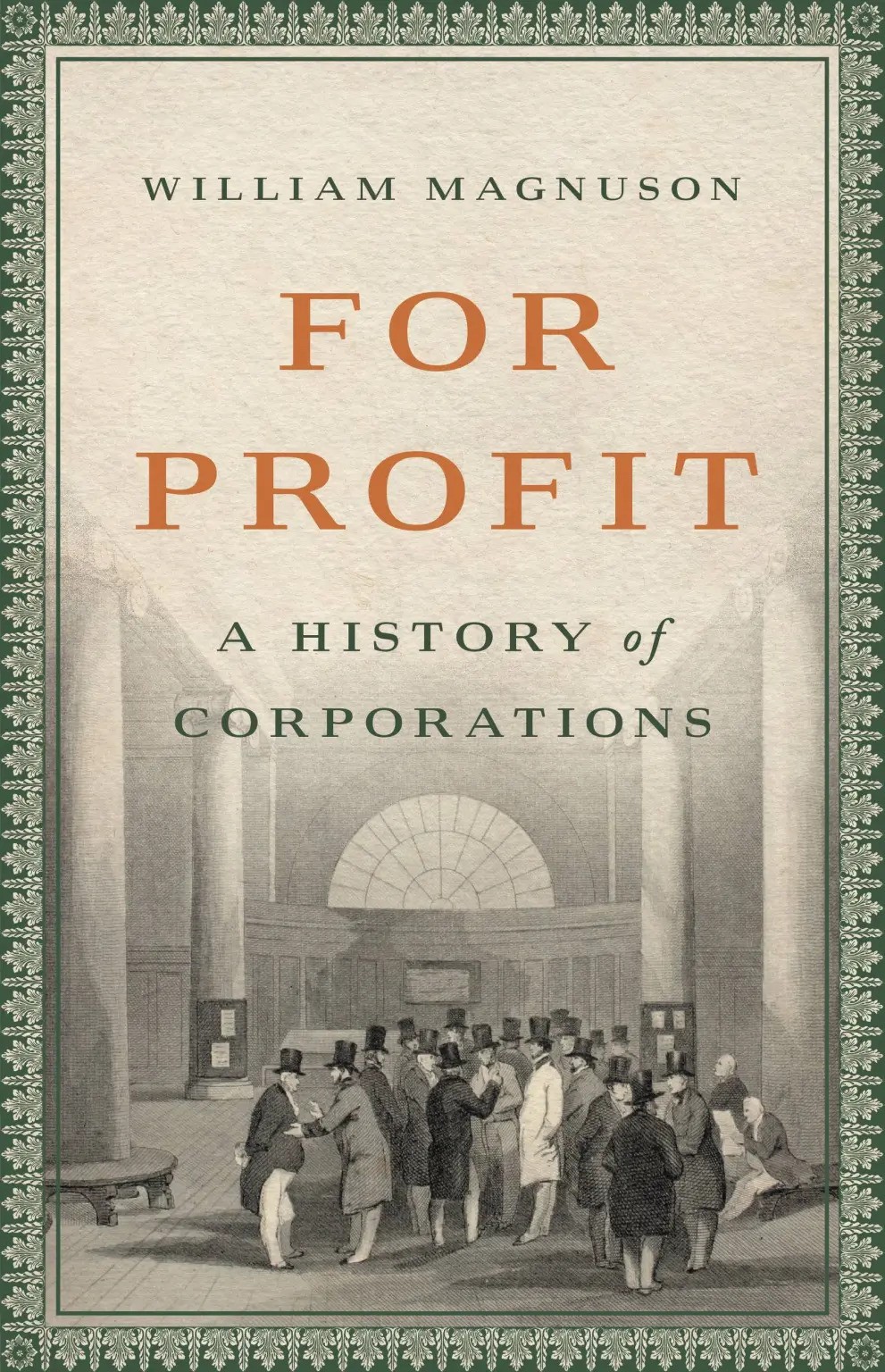Between 1927 and 1931, the number of suicides in Detroit rose fivefold. The cause was unmistakable: The stock market crash of 1929 had hit the auto industry hard, stimulating widespread unemployment in Motor City. In 1932 the Detroit Times estimated that, accounting for dependents, nearly 700,000 people were directly affected by unemployment—almost half the population of the city. Suicide often came on the heels of starvation.
Of the city’s unemployed, over one-third were known as “Ford cases,” meaning they’d been laid off by the Ford Motor Company. “The average man won’t really do a day’s work unless he is caught and cannot get out of it,” the company’s founder, Henry Ford, told an Ohio newspaper in 1931, as the Great Depression deepened. “There is plenty of work to do if people would do it.” His words contradicted reality: Here were tens of thousands of his own former employees totally immiserated, as “caught” as could be and desperate for work, but there were no jobs for them.
In March 1932, they put Ford’s words to the test. Between 3,000 and 5,000 people assembled to march to Ford’s River Rouge plant, where they intended to demand the reinstatement of all laid-off workers. As they proceeded on foot to the factory, the Detroit police responded with tear gas. Some marchers hurled rocks. The city police, joined by Ford’s private security forces, opened fire. Harry Bennett, head of the Ford Motor Company Service Department, personally shot his revolver into the crowd from the back of a car before being knocked unconscious. By day’s end, four marchers were dead, with a fifth fated to succumb to his injuries. No officers were killed. At the slain marchers’ funeral, their coffins were displayed together beneath a banner that read “Ford Gave Bullets for Bread.”
Our economy revolves around private profit-seeking enterprises. In the United States most goods and services are provided by corporations, and most people get the money to afford them from corporate employers. Corporations’ pervasiveness makes it seem natural and inevitable that we delegate the task of organizing society to meet people’s basic needs to them—rather than to non-profit-seeking entities, such as government departments or cooperative firms.
In truth the arrangement is specific to our time and place, and is hardly inevitable. It also has a fatal flaw, which is that corporations constantly renounce their responsibility to fulfill human needs when their profits are on the line. In moments of economic stress or upheaval, as the “Ford cases” discovered, what was supposedly a cooperative arrangement is revealed as a competitive one: Either people will survive or the corporation will.
